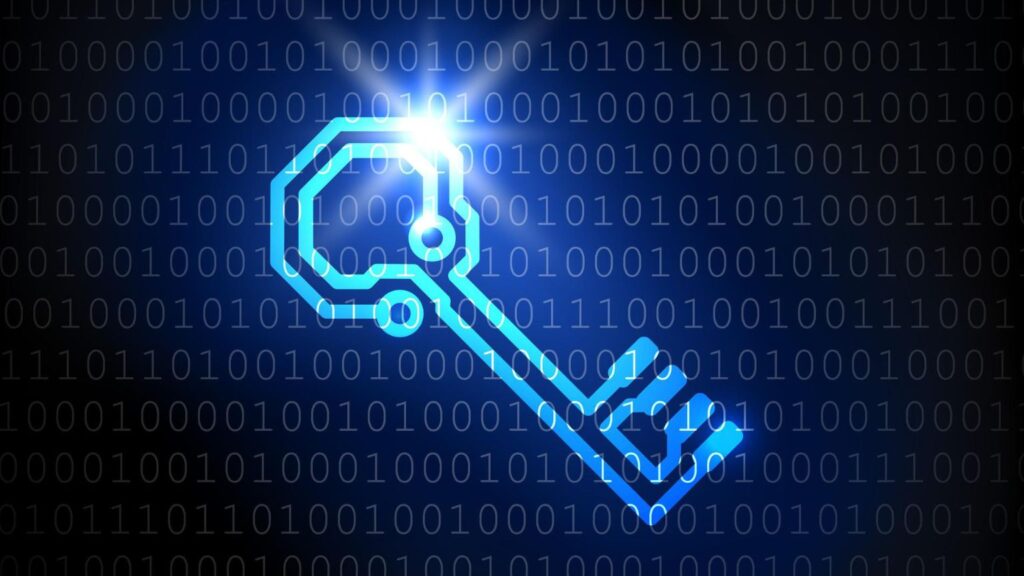Is cryptography easy to learn?

Is Cryptography Easy to Learn? A Beginner's Guide
Introduction
Cryptography is an essential field of study in modern digital security, playing a crucial role in protecting sensitive data from unauthorized access. Whether you are interested in cybersecurity, ethical hacking, or secure communications, learning cryptography is a valuable skill. But is cryptography easy to learn? The answer depends on various factors, including your background in mathematics, computer science, and logical reasoning. In this article, we will explore what cryptography is, the challenges of learning it, and practical ways to make the learning process easier.
What is Cryptography?
Cryptography is the science of encoding and decoding information to ensure confidentiality, integrity, and authentication. It is widely used in secure communications, financial transactions, password protection, and digital signatures. The fundamental goal of cryptography is to prevent unauthorized parties from accessing or altering data.
Key Concepts in Cryptography
- Encryption and Decryption: Encryption converts plaintext into ciphertext using an algorithm and a key. Decryption reverses this process to restore the original message.
- Types of Cryptography:
- Symmetric Cryptography: Uses a single key for both encryption and decryption (e.g., AES, DES).
- Asymmetric Cryptography: Uses a public key for encryption and a private key for decryption (e.g., RSA, ECC).
- Hashing: Converts data into a fixed-length hash value, commonly used for data integrity (e.g., SHA-256, MD5).
- Cryptographic Protocols: Methods like SSL/TLS secure data transmission over networks.
- Public Key Infrastructure (PKI): A framework for managing cryptographic keys and digital certificates.
Is Cryptography Difficult to Learn?
The difficulty of learning cryptography depends on your background knowledge and the approach you take. Here are some key factors that influence its complexity:
1. Mathematical Foundation
Cryptography heavily relies on mathematical concepts such as:
- Number theory (prime numbers, modular arithmetic)
- Algebra (finite fields, matrices)
- Probability and statistics (randomness in encryption algorithms)
If you have a strong foundation in mathematics, learning cryptography will be easier. However, if you struggle with math, you may need extra effort to understand cryptographic algorithms.
2. Programming Knowledge
Modern cryptography is implemented through programming languages such as Python, C++, and Java. Understanding how to use cryptographic libraries like OpenSSL, PyCryptodome, and Bouncy Castle can be crucial.
If you are new to programming, learning cryptography alongside coding skills may seem overwhelming. However, with step-by-step learning and hands-on practice, you can overcome this challenge.
3. Understanding Security Principles
Cryptography is a part of cybersecurity, and to learn it effectively, you should have a basic understanding of security concepts, such as:
- Secure communication protocols (HTTPS, VPNs, SSH)
- Cyber threats (man-in-the-middle attacks, brute-force attacks, phishing)
- Data integrity and authentication techniques
Gaining knowledge in these areas will help you understand how cryptographic techniques are applied in real-world scenarios.
How to Learn Cryptography Easily
Although cryptography can be complex, breaking it down into manageable steps can make the learning process smoother. Here’s how you can make it easier:
1. Start with the Basics
Before diving into advanced topics, learn the fundamentals of cryptography:
- What is encryption?
- How do different cryptographic algorithms work?
- Why is cryptography important for data security?
2. Learn the Required Math
If you are not comfortable with mathematical concepts, consider studying number theory, modular arithmetic, and probability before tackling cryptographic algorithms.
3. Take Online Courses
Many online platforms offer beginner-friendly cryptography courses, including:
- Coursera (Introduction to Cryptography by Stanford University)
- Udemy (Cryptography for Beginners)
- Khan Academy (Math for Cryptography)
These courses provide structured learning with practical examples and hands-on exercises.
4. Use Cryptographic Libraries
Hands-on practice is essential for mastering cryptography. Experiment with cryptographic libraries such as:
- Python: PyCryptodome, hashlib, cryptography module
- Java: Bouncy Castle
- C++: OpenSSL
By implementing basic encryption and decryption programs, you can gain a deeper understanding of how cryptographic algorithms work.
5. Read Cryptography Books
Some recommended books for beginners include:
- "Cryptography and Network Security" by William Stallings
- "Serious Cryptography" by Jean-Philippe Aumasson
- "Understanding Cryptography" by Christof Paar and Jan Pelzl
6. Join Cryptography Communities
Engage with cryptography enthusiasts and professionals in online forums such as:
- Stack Exchange (Cryptography section)
- Reddit (r/cryptography)
- GitHub (Cryptographic projects and open-source implementations)
Interacting with the community can help you clarify doubts and stay updated with the latest developments in cryptography.
7. Practice with Cryptography Challenges
Participate in cryptography-based Capture The Flag (CTF) challenges and online platforms like:
- Cryptopals Challenges
- PicoCTF
- Hack The Box
Solving cryptographic puzzles will enhance your problem-solving skills and deepen your understanding of encryption techniques.
Conclusion
So, is cryptography easy to learn? The answer depends on your background knowledge, learning approach, and dedication. While cryptography involves complex mathematical and programming concepts, breaking it into manageable steps can make the learning process smoother. By starting with the basics, using practical resources, and engaging in hands-on practice, anyone can learn cryptography effectively.
If you are passionate about cybersecurity and data protection, cryptography is an exciting and rewarding field worth exploring. With the right mindset and resources, mastering cryptography can become an achievable goal. Start your journey today and discover the power of encryption in securing digital communication!
Leave a Reply

Related content